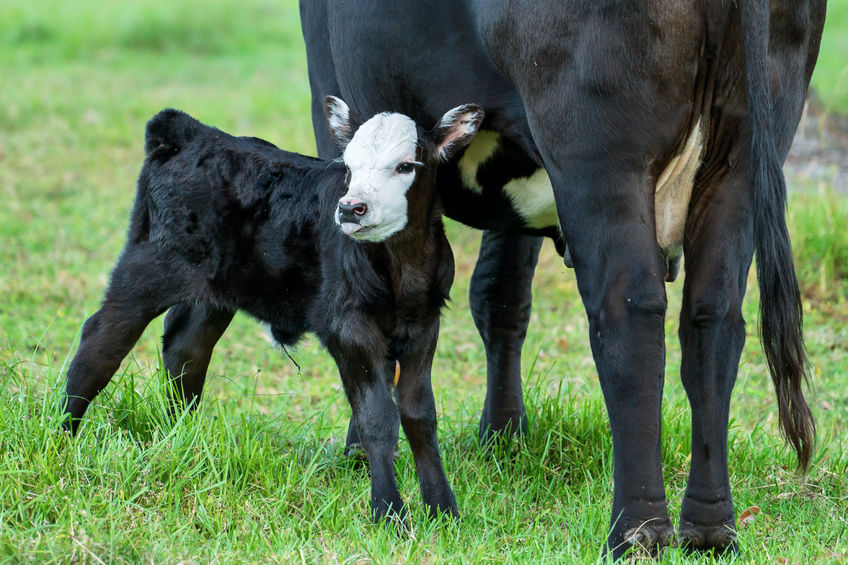
Vets have found signs that the midge-borne Schmallenberg Virus had been circulating in Dumfries and Galloway in the autumn of 2017.
The results have been revealed by SAC Consulting Veterinary Services which has been monitoring bulk milk samples from 50 dairy herds across the country throughout the autumn.
First entering the UK on wind flows from Europe in 2011, Schmallenberg Virus (SBV) is spread by midges and affects both cattle and sheep, but does not affect humans.
Initial infection can cause general symptoms of reduced appetite, a raised temperature, milk drop and scour. Some of these acute infections may be hard to detect, particularly in cattle and sheep at grass.
When cattle and sheep are infected in the earlier stages of pregnancy, infection of the foetus may lead to skeletal deformities in the lambs and calves when born.
Such cases were first seen in Southern Scotland in 2013 but the disease’s profile fell in the following seasons.
In 2017, SAC Consulting’s Veterinary Surveillance Network identified foetal deformities caused by SBV in Southern Scotland and Northern England.
Cases were seen initially in lambs from mid-January 2017 and the last case was confirmed in early May. These dates suggest a potential infection window between mid September and mid December 2016.
Early warning
George Caldow, Head of SAC Consulting Veterinary Services, said: “Each farm acts only as sentinel to SBV virus activity in the local area and circumstances vary from farm to farm with regard to virus spread and midge activity.
“The results of the study so far can therefore only act as a guide, but do suggest that there has been some active transmission of the SBV virus in Dumfries and Galloway in the autumn of 2017.
“This could potentially lead to the birth of deformed lambs and calves. However, in other areas of the country, particularly north of the Central Belt, we expect the disease risk to be much lower. Farmers concerned about potential SBV risk should speak to their vets in the first instance.”
Nigel Miller, SRUC Board Member and Chairman of Livestock Health Scotland, said: “The SBV survey has highlighted the value of targeted surveillance and the strength of the SAC Consulting veterinary surveillance team linking up with milk producers across Scotland.
“The positive bulk milk samples from the south west not only provide an early warning of possible problems ahead, during the 2018 calving and lambing period, but also increase our understanding of the ability of the Schmallenberg virus and its vectors to persist and spread under Scottish climatic conditions.”
